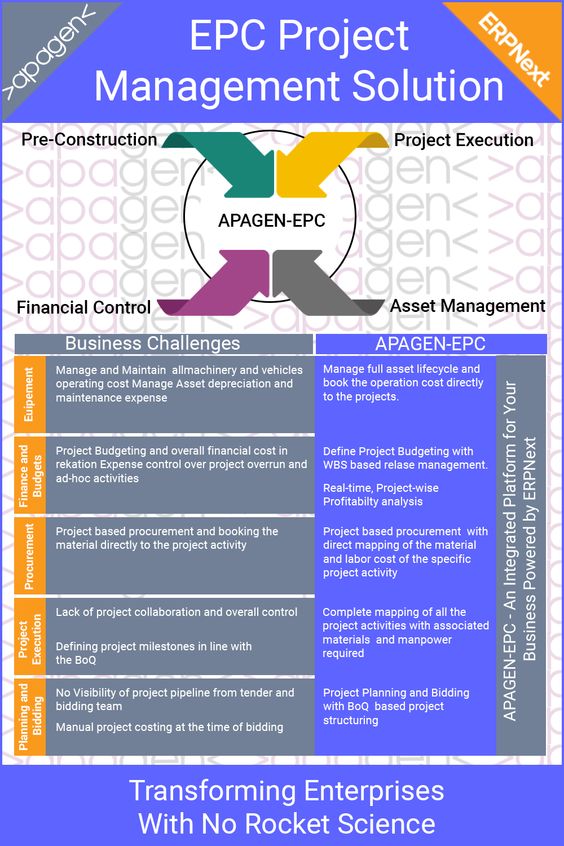Engineering Procurement Construction (EPC) is an integrated approach to delivering a project from conception to completion. This approach involves the coordination of all aspects of a project, from engineering and design to procurement, construction, and commissioning. It is often used in the construction of large-scale projects such as power plants, factories, and infrastructure.
The Benefits of Engineering Procurement Construction
The main benefit of engineering procurement construction is that it reduces the risk of project delays and cost overruns. By having a single entity responsible for all aspects of the project, the risk of miscommunication or errors is minimized. This approach also ensures that the project is completed on time and on budget. Additionally, EPC can help to ensure that the project is completed with the highest quality standards.
The Steps of Engineering Procurement Construction
Engineering procurement construction follows a process of planning, designing, and constructing a project. The first step of the process is to develop a project plan that outlines the scope of work, timeline, and budget. This plan is then used to identify the necessary resources and materials needed to complete the project. The second step is to design the project. This involves creating drawings and specifications that will be used for construction. The third step is to procure the necessary materials and equipment. This includes obtaining quotes from vendors and selecting the best option for the project. The fourth step is to construct the project. This involves assembling the materials and equipment and following the design plans to build the project. The fifth step is to commission the project. This involves testing the project to ensure it meets the specifications and is ready for use.
Project Management in Engineering Procurement Construction
Project management is an important part of engineering procurement construction. This involves managing the project from start to finish to ensure that it is completed on time and on budget. This includes monitoring progress, managing resources, and addressing any issues that arise during the project.
The Role of Technology in Engineering Procurement Construction
Technology plays an important role in engineering procurement construction. This includes the use of software to manage the project, such as project management systems and 3D modeling software. Additionally, technology can be used to streamline the process, such as using drones to monitor progress and using virtual reality to visualize the project.
The Challenges of Engineering Procurement Construction
Engineering procurement construction can be a complex and challenging process. This is due to the many different aspects of the project that must be managed and coordinated. Additionally, the project must be completed on time and on budget, which can be difficult to achieve.
You might find these FREE courses useful
- Top Program Procurement Planning With Clickup
- Top Global Public Procurement Courses
- Top Procurement Courses – Learn Procurement Online
- Top Procurement Basics Courses
- Procurement Basics
- Strategic Procurement and Sourcing Conclusions
The Future of Engineering Procurement Construction
The future of engineering procurement construction is likely to involve the use of more advanced technology. This includes the use of artificial intelligence and machine learning to automate some of the tasks involved in the process. Additionally, the use of virtual reality and augmented reality may become more common in the industry.


